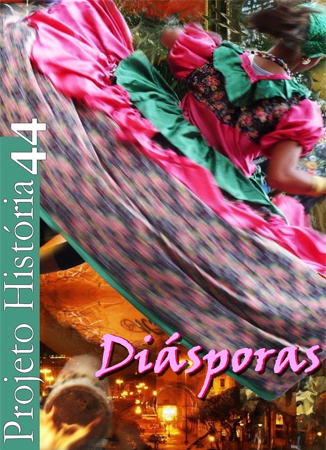CUBA: ESTADO E SOCIEDADE CIVÍL UMA RELAÇÃO AMBÍGUA
Palavras-chave:
Cuba, democracia, crise economica, sociedade civilResumo
Em Cuba, nos primeiros anos do processo revolucionário iniciado em 1959, houve uma interessada confussão entre os conceitos sociedade civil e Estado, tal qual se colocou em pauta naqueles anos pela liderança política. A primeira foi construída, desde o discurso político, principalmente o de Fidel Castro, como idéntica ao Estado. Se constituiu em um fato comum falar de povo e Governo, nesse caso o Governo Revolucionário. Neste trabalho tentaremos ver como isso afetou, durante muitos anos, a constituição da sociedade civil em Cuba e pelo tanto o desenvolvimento do processo de democratização do país. A prolongada crise econômica cubana foi provocando uma ruptura na visão do Estado paternalista, abrindo também uma possibilidade de construir uma saída democrática e mais consistente para o país. Independente do bloquéio comercial de Estados Unidos, a crise econômica decorre também pelos obstáculos impostos às possibilidades de crescimento interno devido à carência de autonomia da sociedade civil.
Métricas
Downloads
Publicado
Como Citar
Edição
Seção
Licença
Copyright (c) 2014 Projeto História : Revista do Programa de Estudos Pós-Graduados de História

Este trabalho está licenciado sob uma licença Creative Commons Attribution 4.0 International License.

Este obra está licenciado com uma Licença Creative Commons Atribuição 4.0 Internacional.




